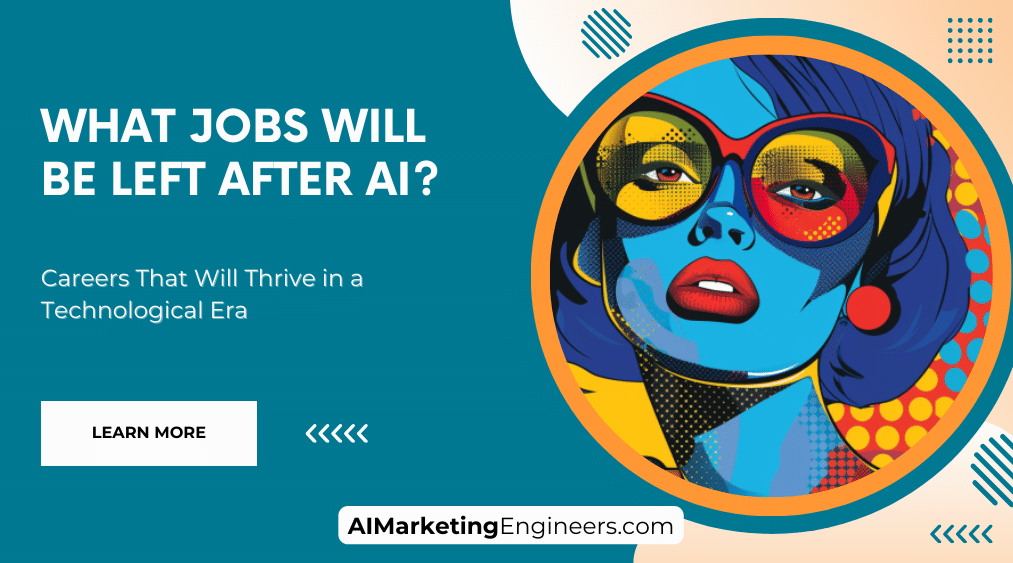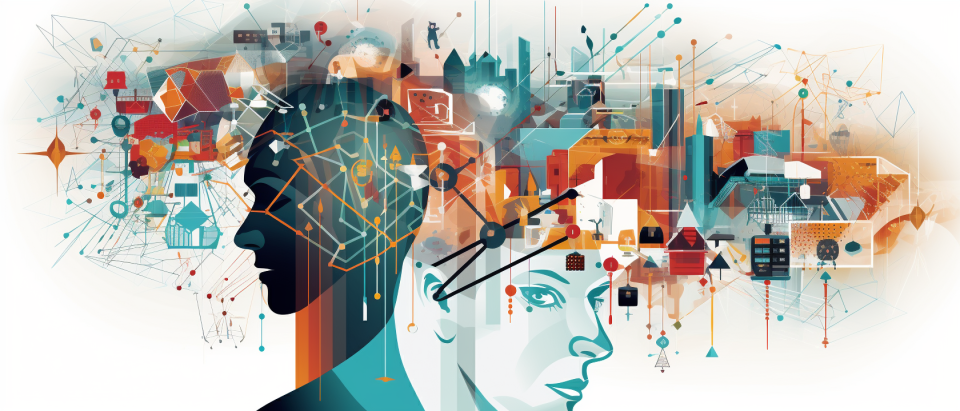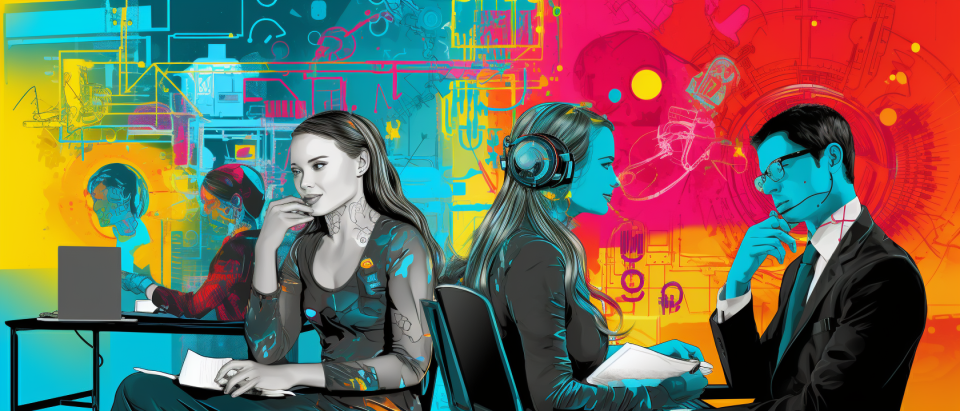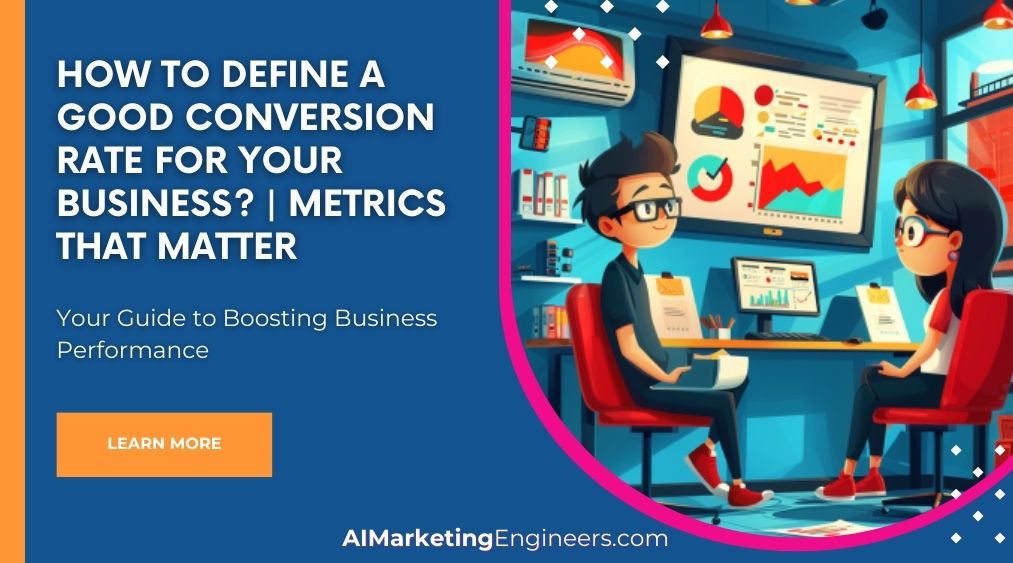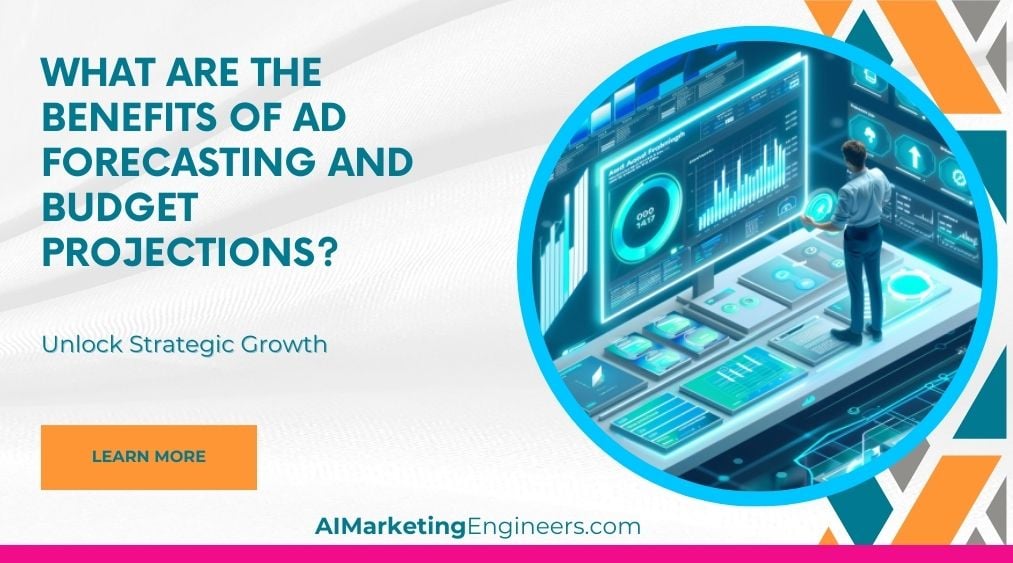Key Takeaways
✅ Job Disruption Imminent: Certain job categories, especially those involving routine, repetitive tasks, are highly susceptible to automation through AI, suggesting a critical need for individuals in these roles to prepare for potential displacement.
✅ Adaptation and Re-skilling: As AI replaces some job functions, there will be a growing demand for skilled professionals in the realms of AI and data analysis. Workers must be proactive in re-skilling and up-skilling to remain competitive in the job market.
✅ AI as a Job Creator: Despite the threat to existing jobs, AI's advancement is not a zero-sum game; it is set to introduce new job categories, emphasizing the importance of educational and professional development programs that are aligned with the future of work and technology.
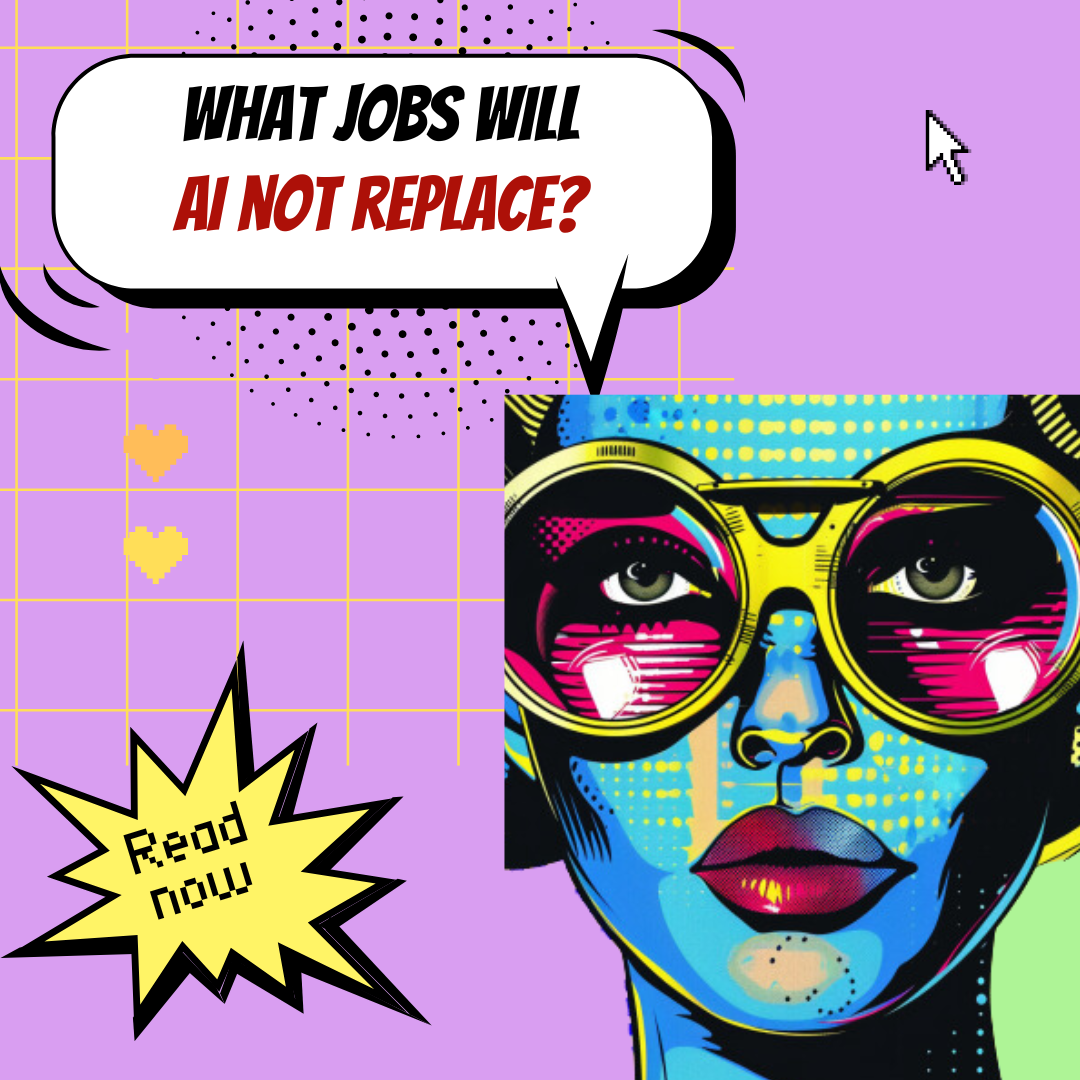
Introduction
Attention job seekers and career enthusiasts! Have you ever pondered which professions will weather the storm in an era where artificial intelligence is reshaping the landscape of employment? As AI continues to surge forward, transforming industries and shaking up the job market, it's time to explore what the future holds for our careers. Engage with us as we unveil the roles that may withstand the AI revolution and those on the brink of transformation.
Discover how chatbots might spell the end for call center agents, the way automated software could sideline data entry clerks, and the potential for AI to render roles from cashiers to accountants and social media managers obsolete. Yet, amidst the seismic shifts, new horizons will emerge, offering unprecedented opportunities in fields like data science and AI engineering.
Dive in and arm yourself with the knowledge to navigate the evolving workforce with confidence—it's an essential read for anyone eager to keep a step ahead in the world of work post-AI advancement.
Impact of AI Chatbots on Call Center Jobs
AI-powered chatbots have advanced to the point where they are capable of managing basic to intermediate customer service interactions. With their ability to be available 24/7 and handle multiple inquiries simultaneously, chatbots can significantly reduce the workload for humans.
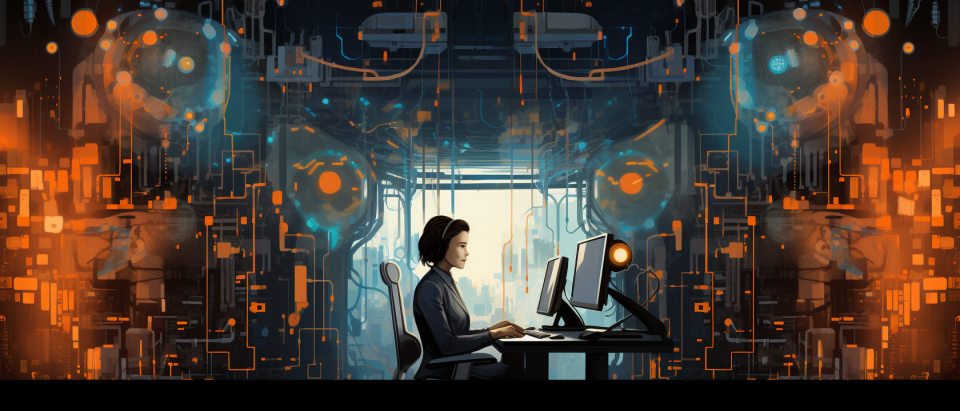
- Statistic Integration: McKinsey's report indicates that while AI could automate about 45% of the tasks currently performed by workers, it's less likely to completely replace all jobs in any given occupation.
The Future of Call Center Agents
As AI evolves, it is projected that these tools will handle increasingly complex inquiries. However, the human touch in customer service remains important for nuanced and sensitive issues which may not be fully addressed by AI.
Automation of Data Entry
Technological advancements have brought AI-powered software that can autonomously extract and process data from a variety of documents, reducing the need for manual data entry.
- Statistic Integration: With 70% of jobs potentially automating at least 30% of their tasks, data entry clerks are highly affected, given the routine nature of their work.
Job Outlook for Data Entry Clerks
While AI significantly impacts data entry, it also opens opportunities for workers to transition to roles that require more critical thinking and analysis—qualities that are harder to automate.
Decline of Cashier Roles: Rise of Self-Checkout and Mobile Payments
Self-service technology and mobile payment applications are revolutionizing the retail and fast-food industries, leading to a possible decline in cashier positions.
- Job Market Transformation: These technological shifts are transforming job requirements in the market and highlight the need for individuals to adapt by acquiring new skills in customer relations and technology operation.
Automating Routine Accounting Tasks
Basic accounting functions, such as bookkeeping, tax preparation, and financial analysis, are now increasingly being handled by AI, which reduces the necessity for these tasks to be done manually by accountants.
- Expert Predictions: With ongoing advancements in AI, experts suggest a trend toward automation for numerous accounting jobs, prompting a shift towards more strategic and consultative financial roles.
Social Media Management and AI
Tools equipped with AI are capable of curating content, managing postings, and interacting with users on social media platforms, potentially reducing the demand for social media managers.
- Statistic Integration: Referring back to McKinsey's analysis, social media managerial tasks are part of the 45% of activities that could be automated, although completely automating these occupations is less likely.
Adaptation for Social Media Managers
Creativity and strategic planning are aspects of social media management that are more resistant to automation, suggesting a shift in job focus towards these skills.
Advances in AI-Powered Translation
Language translation software has seen significant improvements, handling complex translations that were traditionally done by human translators.
- Statistic Integration: With a broad estimate that 70% of jobs could automate some of their tasks, translators might experience a shift where AI handles the more straightforward text while humans tackle content that requires cultural sensitivity and deeper contextual understanding.
Changing Role of Human Translators
Professional translators might find themselves focusing more on localizing content, ensuring it resonates culturally and emotionally with the target audience—tasks that AI has yet to master.
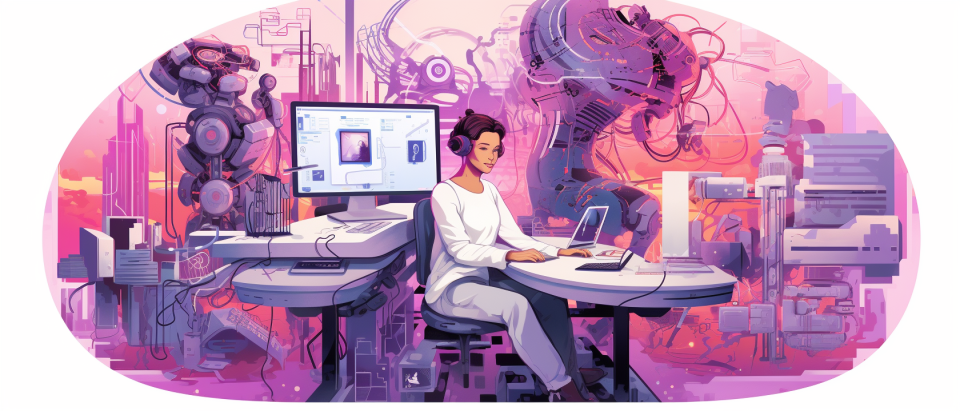
AI Marketing Engineers Recommendation
As AI continues to advance and automate various aspects of life and business, the job market inevitably evolves. In the realm of marketing and analytics, while certain tasks may become automated, there are roles that will likely persist and become even more crucial. Below are job roles that, bolstered by their need for human creativity, strategic insight, and advanced decision-making, should withstand the wave of AI automation:
Strategic Marketing and Business Development Roles:
1. Brand Strategists:
- AI can analyze data to inform decisions, but the human aspect of understanding cultural nuances and emotional connections with consumers will still require a human touch.
2. Marketing Managers and Directors:
- Machines can optimize ad spend and placements, but humans are needed to define the overall marketing strategy and ensure it aligns with the company’s business goals.
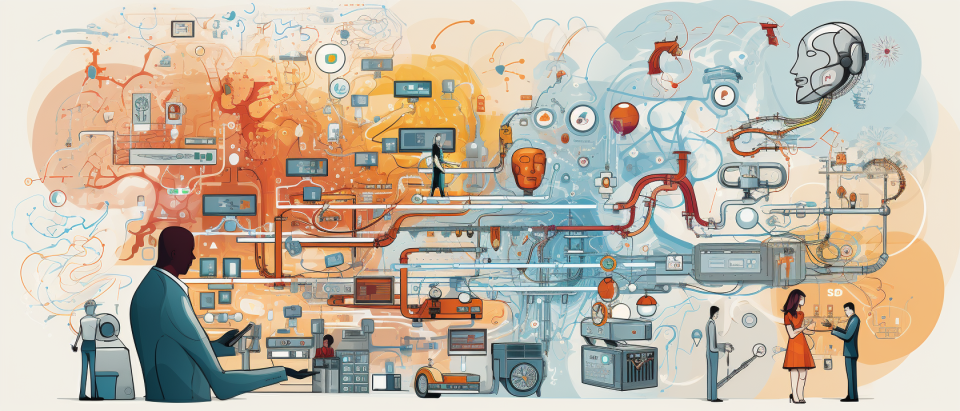
Creative Jobs:
1. Content Creators and Copywriters:
- Original content creation requires a level of creativity and empathy that AI has yet to replicate fully, making these roles crucial for storytelling that resonates with human audiences.
2. Creative Directors:
- Overseeing the creative elements of marketing campaigns and ensuring that the visuals, messaging, and overall aesthetic align with the brand will continue to need human intuition and taste.
Human-Centered Design and User Experience:
1. UX/UI Designers:
- Understanding the psychological aspects of user experience design and emotional design principles will remain a human-driven job.
2. Customer Experience Managers:
- AI can assist in analyzing customer data, but interpreting this information and turning it into actionable insights for better customer experiences will still require human expertise.
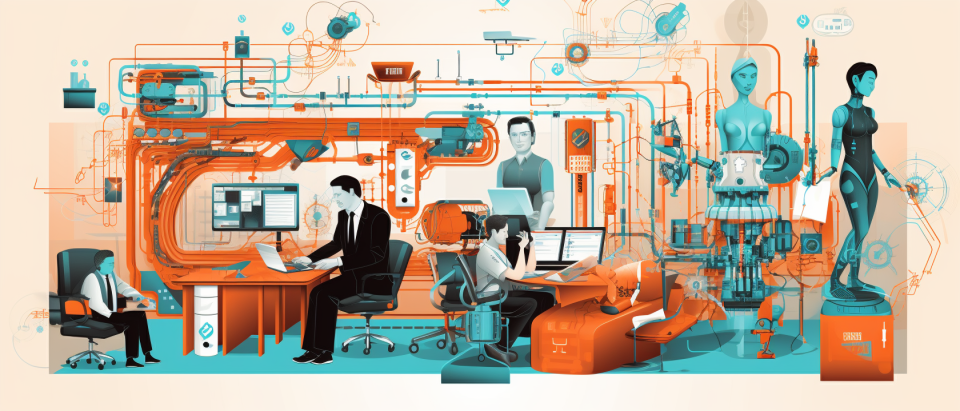
Analysis and Data-Driven Decision Making:
1. Data Analysts and Scientists:
- While AI can process large amounts of data, a human is often required for crafting the right questions, hypotheses, and interpreting complex data patterns in meaningful ways.
2. Consumer Insights Analysts:
- AI can find patterns in consumer behavior, but translating these patterns into nuanced, strategic decisions often requires a human analyst.
Leadership and People Management:
1. Chief Marketing Officer (CMO):
- Leadership that understands both the capabilities of AI and the strengths of human team members will be essential for guiding a company’s strategic marketing initiatives.
2. Human Resources for Marketing Teams:
- HR professionals will be needed to manage and cultivate talent in an AI-augmented workplace, ensuring that teams have strong soft skills and emotional intelligence.
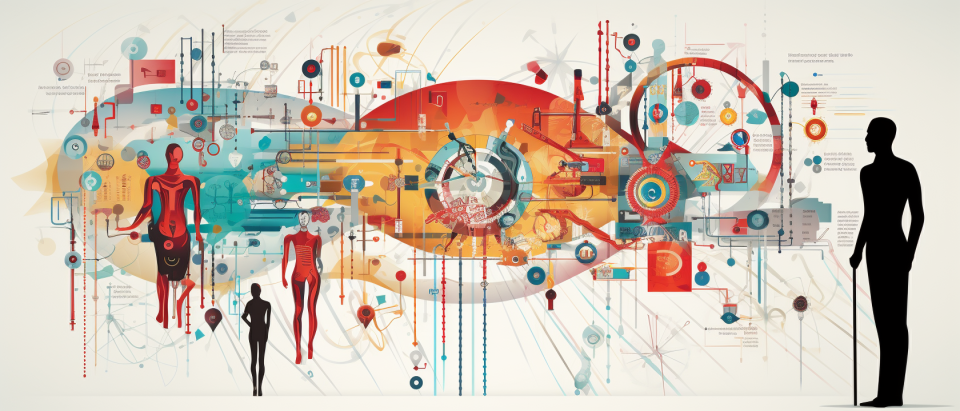
Compliance and Ethical Oversight:
1. Ethics Compliance Manager:
- As AI becomes more integrated into marketing, ethical considerations regarding consumer data and privacy will require human oversight.
2. Legal Advisors Specializing in AI:
- Professionals with an understanding of the legal implications of AI in marketing and analytics will be essential for maintaining compliance and managing risk.
In conclusion, while AI will transform the field of marketing and analytics, jobs that require human creativity, strategic thinking, emotional intelligence, and ethical judgment will continue to thrive. Companies must focus on fostering these skills within their workforce to ensure successful integration of AI technologies. AI is a tool that will augment the capacities of marketing professionals, not replace them entirely.
Conclusion
In the wake of Artificial Intelligence's relentless progression, the employment landscape is poised for transformation. As AI matures and entrenches itself within various facets of business operations, a spectrum of roles currently occupied by human workers are at risk of obsolescence.
Notably, positions such as call center agents, data entry clerks, cashiers, accountants, social media managers, and translators are among those that could potentially be usurped by sophisticated AI systems capable of executing tasks with efficiency and at scale.
While this foretells a degree of displacement in the job market, it also heralds the genesis of novel career paths, including roles in AI development and oversight, like data scientists, machine learning engineers, and AI ethics specialists. This transitional phase underscores the imperative for the workforce to embrace lifelong learning and agility in skill adaptation to navigate the evolving digital economy.
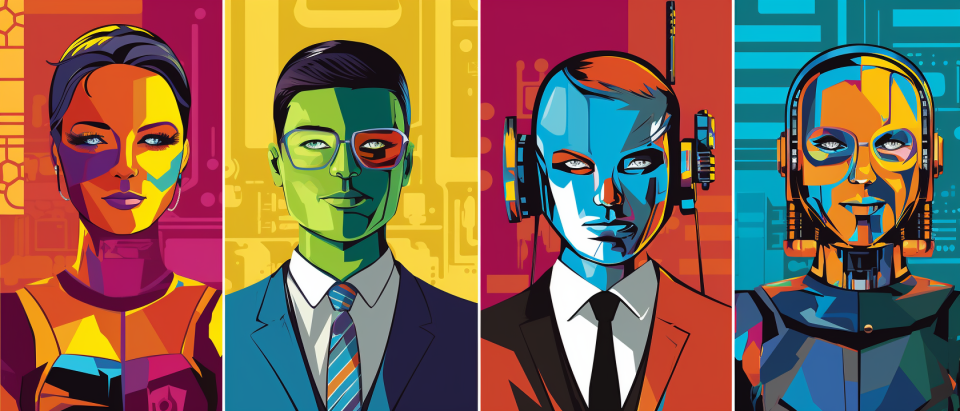
FAQs
Question 1: What jobs will be left after AI?
Answer: Some jobs may be automated or eliminated due to advances in AI, but other new jobs will emerge in related fields such as development, maintenance, and maintenance of AI systems. Additionally, as AI improves, there may be increased demand for workers to design and implement creative solutions using AI.
Question 2: Will AI take over all jobs?
Answer: While AI has the potential to automate many tasks, it is unlikely to replace all jobs. Jobs that require creativity, critical thinking, and emotional intelligence are likely to be less affected by AI.
Question 3: What kind of new jobs will emerge with the advancement of AI?
Answer: New jobs may include data scientists, machine learning engineers, AI researchers, and AI system analysts. AI is also likely to create new opportunities in related fields such as software development, maintenance, and implementation of AI systems.
Question 4: Are there any jobs that will be exempt from AI?
Answer: Jobs that are difficult to automate, such as those that require social interaction, critical thinking, and emotional intelligence, are less likely to be affected by AI. Additionally, some jobs may be partially automated but still require a human touch to finish the task.
Question 5: How can workers prepare for an AI-driven job market?
Answer: Continuous learning and skills development are important for workers to stay competitive in an AI-driven job market. They should focus on acquiring skills in areas such as data analysis, machine learning, and AI.
Question 6: Will AI make workers redundant?
Answer: While AI has the potential to automate many tasks, it is unlikely to replace all jobs. Additionally, as AI improves, there may be increased demand for workers to design and implement creative solutions using AI.
Question 7: What are some other ways AI will affect the job market?
Answer: AI may also create new job opportunities, such as in the development of AI systems. It may also lead to the creation of new industries and businesses that rely on AI technologies. Overall, AI is likely to disrupt and transform the job market in many ways.
